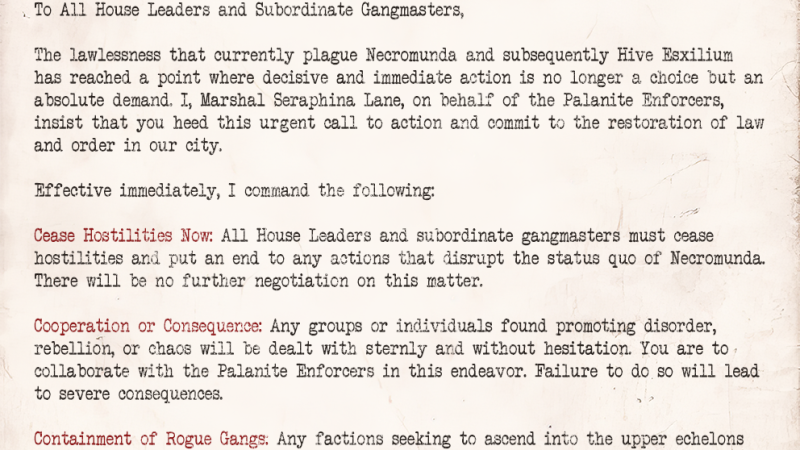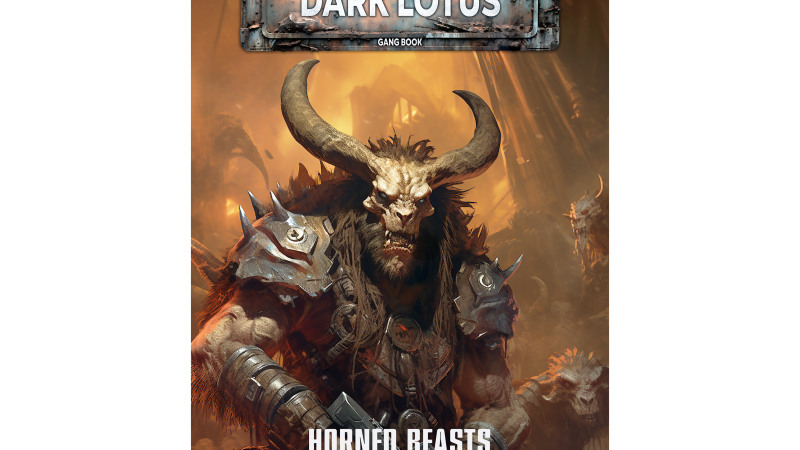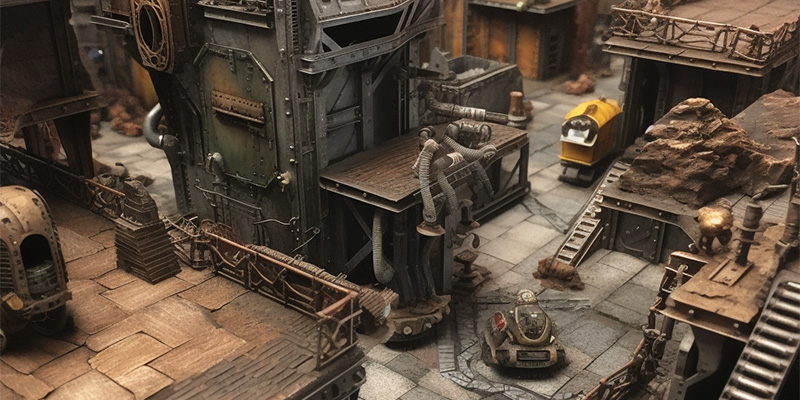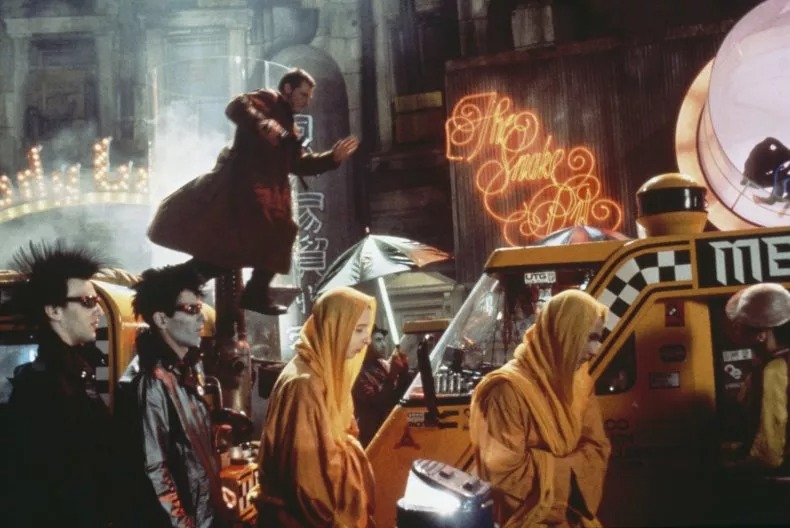A Glimpse Into a Bleak Future: Rafael Pinedo’s ‘Plop’

Rafael Pinedo is the talented Argentinian author behind the book ‘Plop’. He is a skilled writer who has captivated readers with his unique and imaginative writing style. Pinedo is known for his ability to create vivid and hauntingly realistic post-apocalyptic worlds, as well as his talent for exploring the human condition in the face of adversity. Through his work, he has proven himself to be a master of storytelling, drawing readers in with his engaging characters, intricate plot lines, and beautiful prose. Pinedo’s contributions to the literary world are truly remarkable, and his work is sure to leave a lasting impression on all who read it.
Plop is first and foremost a science-fiction narrative set in a post-apocalyptic world. This world is bleak, grey, sad, and violent. The author portrays a world where tradition brings people together and serves as a guiding principle. There is no hope, only the struggle for survival to crawl through another day under the constant rain.
With an imposing writing style, the author describes everything. Violence and sex are ubiquitous, devoid of emotion, and without judgment from anyone. What we would never have read elsewhere is found here naturally, as it is for the members of the Group, nomadic people who share the same traditions and objectives for tomorrow, satisfying their basic needs (food, water, fending for yourself, shelter, protection from the cold: survival).
Plop is also the name of a member of the Group who was not spared from being dismembered and given as food to the pigs, as often happens. With a style as chilling as this world, Rafael Pinedo takes us through the integration of the various values of the Group by this “child”. We follow Plop in his suffering and discover this barbaric life that is his daily reality.
The writing style is choppy but not unpleasant, on the contrary. This 170+ page narrative is divided into chapters ranging from 1 to 4 or 5 pages. The sentences are short as well, and a few words suffice most of the time to introduce a scene. The imagination is highly stimulated. There are few descriptions, as they are rendered superfluous.
The underlying story is terribly dark, with no limits, and free will seems to have vanished. The narrative form breaks this and allows us to approach this tangible world ravaged by life itself, these ultimately endearing characters with whom we become attached for at least a time.
This is a narrative in a post-apocalyptic world that we rarely see. There are no zombies, no civilizations rebuilding, or other meta-narratives on the grand history of the world that we discover. We stay close to the characters. Our narrator is, like us, a spectator. The author allows us to immerse ourselves, with our imagination, in this small story that is Plop’s life.
In short, it is an original narrative to be read quietly, without any distracting noise, to escape for a moment.
— If you want to read other reviews about this book, head to GoodReads: https://www.goodreads.com/book/show/2551245.Plop






